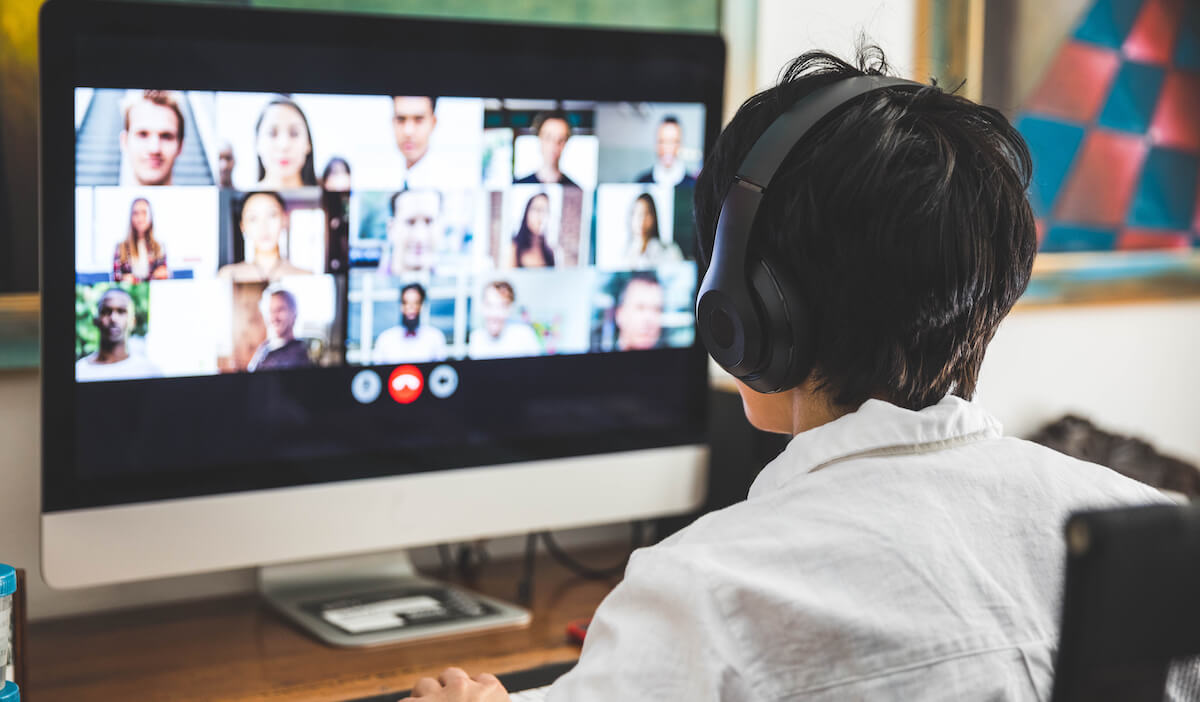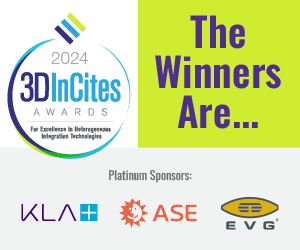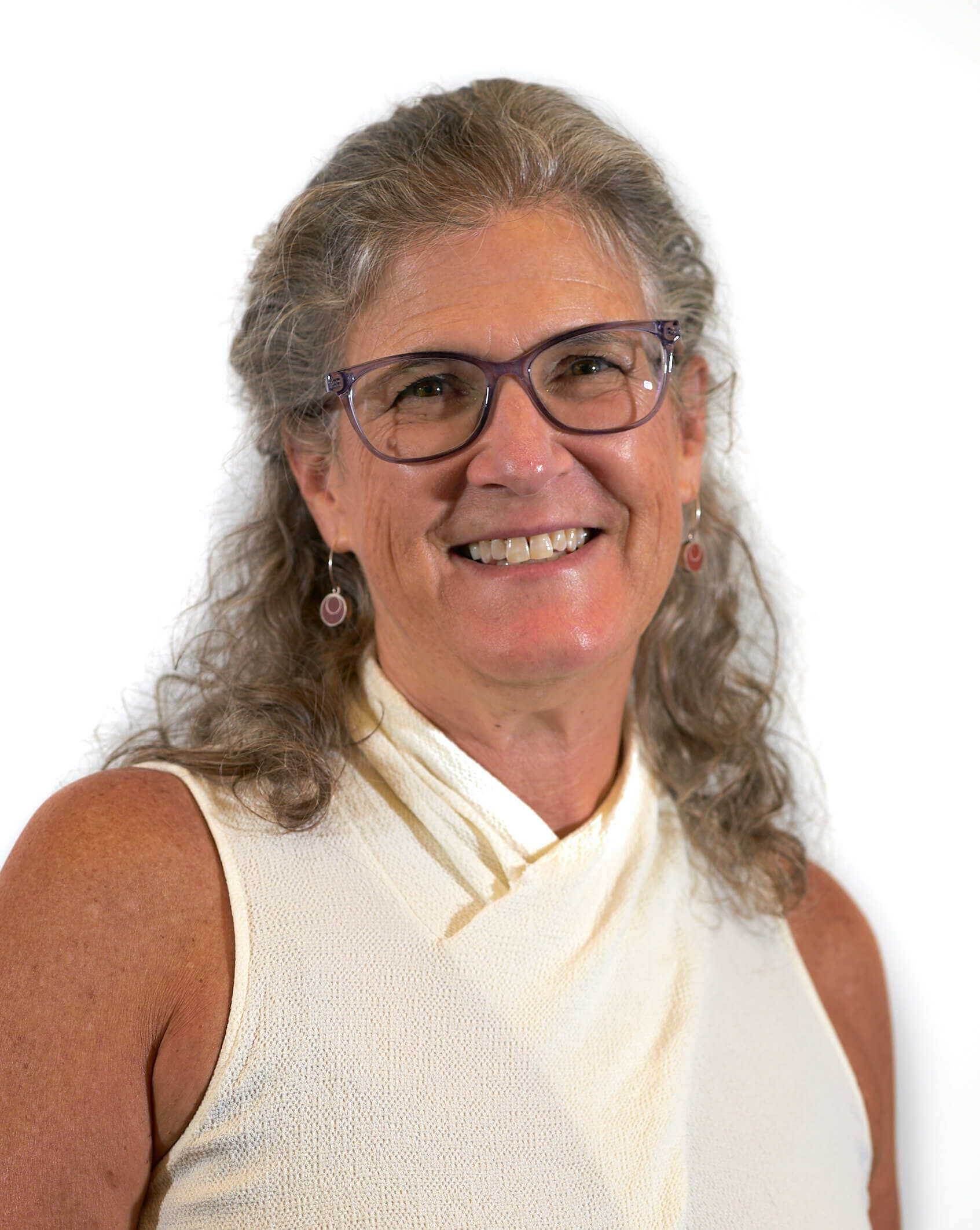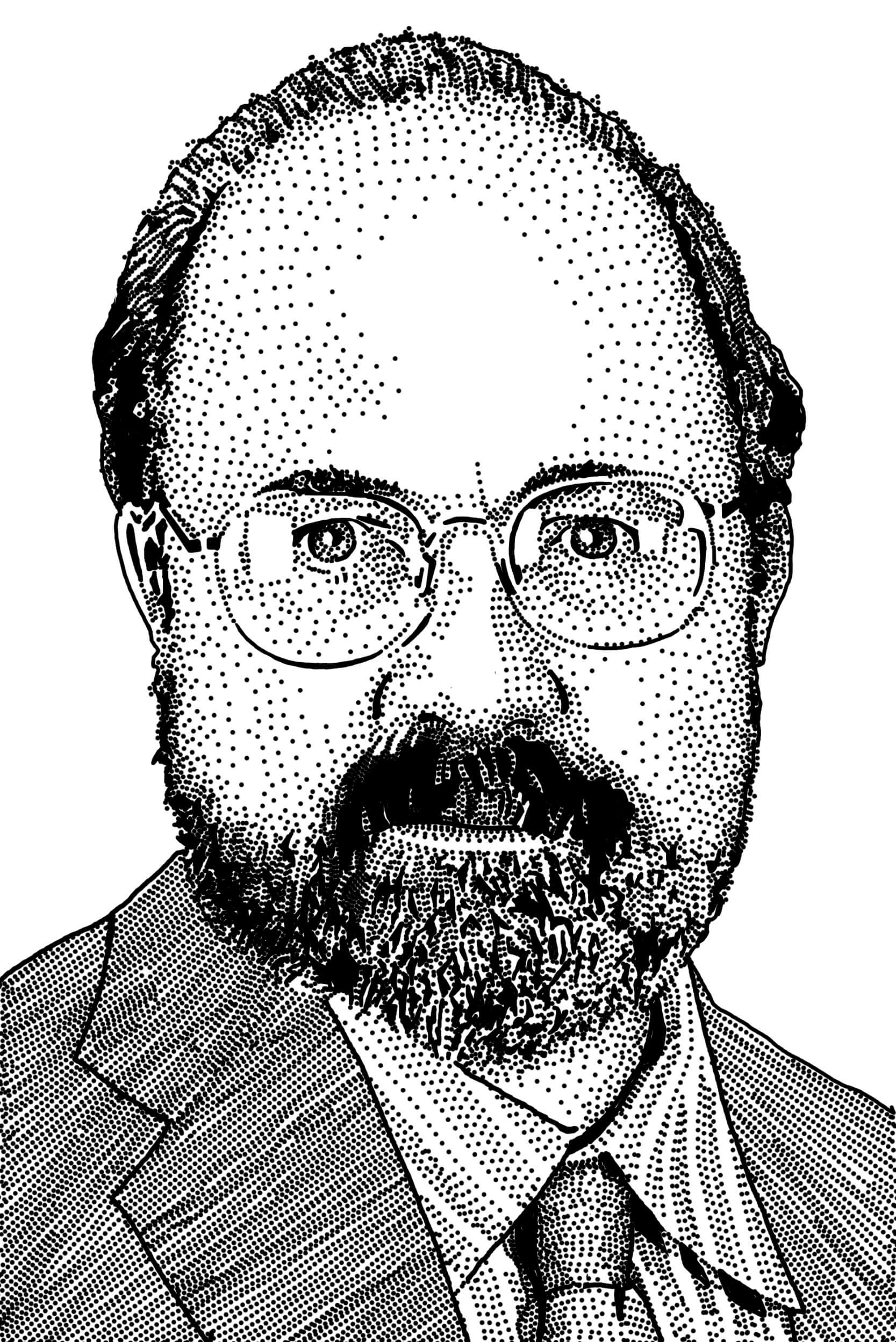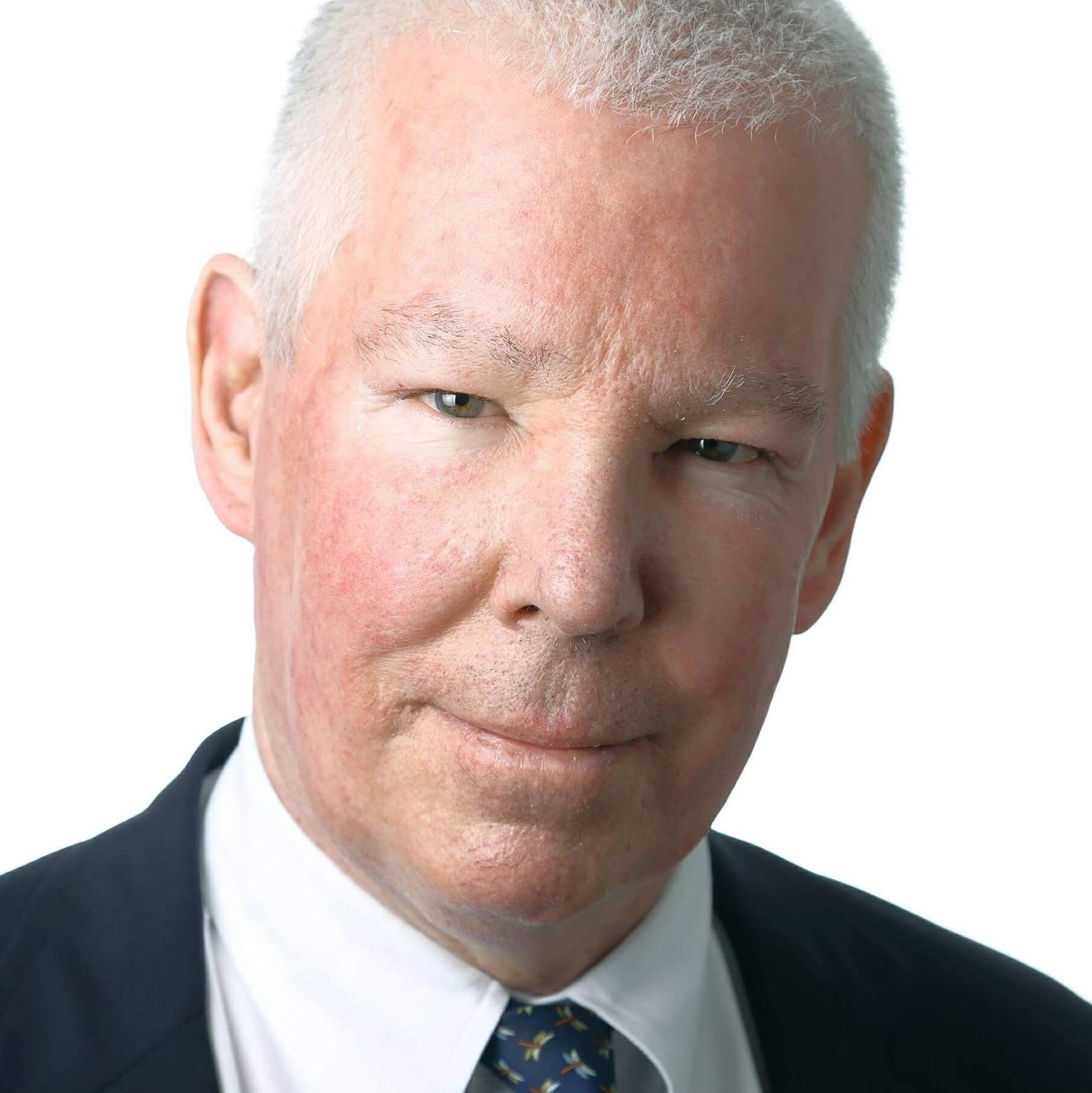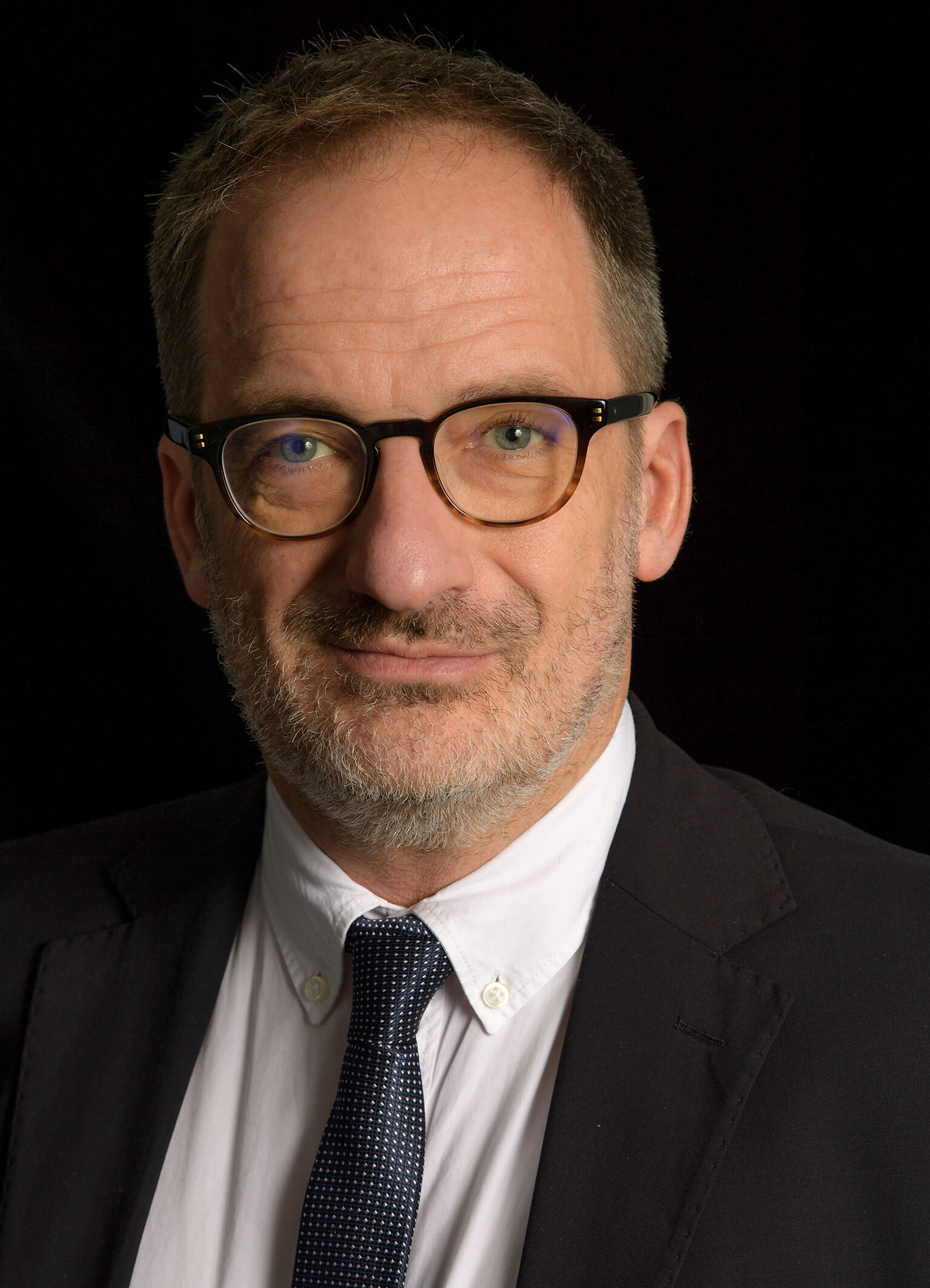 This is a brief summary of SEMI’s third webinar in the “Work & Life in the 21st Century” series, broadcast on May 6, 2020
This is a brief summary of SEMI’s third webinar in the “Work & Life in the 21st Century” series, broadcast on May 6, 2020
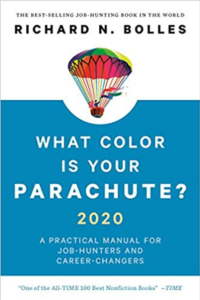
Dave Anderson, President SEMI Americas introduced this event, then handed it over to the co-organizer Dave Toole, CEO of The Gig Economy, to moderate this event and introduce the speaker, Gary A. Bolles.
Bolles, among other roles, is Chair for the Future of Work at Singularity University. Toole highlighted Bolles’ long-term focus on the future of work and what Bolles calls the “Great Reset”. Bolles was introduced to the Future of Work through his father Richard N. Bolles (1927 – 2017), who wrote the best-seller “What color is your parachute” (See Figure 1). This book was first published about 50 years ago and has sold millions of copies since. It targets people who are looking for work in the “new normal” economy. Bolles defined WORK as applying human SKILLS to solve PROBLEMS and pointed out that the problems to be solved are changing now, therefor demand for problem-solving skills is changing as well.
Working remotely – Why and How
Bolles started his presentation “The Great Reset” by emphasizing how grave the Covid-19 impact is and how much more damage it may do to societies and economies. Then he suggested many specific actions and attitude changes for both individuals and organizations to meet the requirements of the “new normal”. He also warned not to fall back to the old ways of doing things.
While in 2019 an increasing number of people, including Bolles, discussed how and when the long expansion may come to an end, nobody expected the sudden and steep decline Covid-19 started in 1Q2020. Facing this great reset, Bolles suggested to look at the path to recovery in three phases:
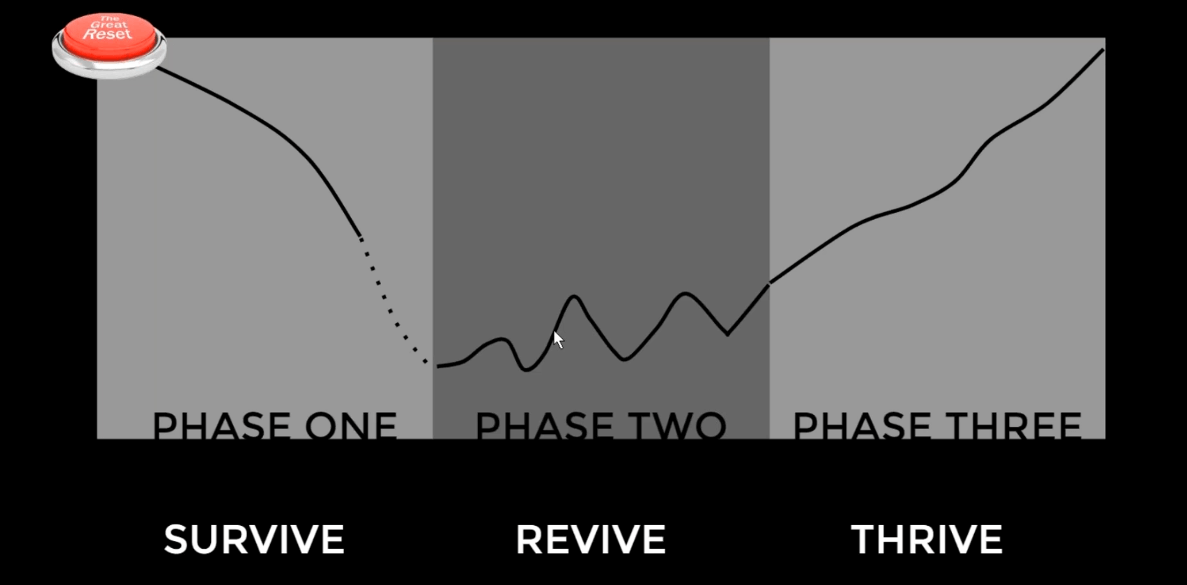
- In Phase 1 the focus should be to survive and try to minimize long-term damage to people, organizations, and partners.
- In Phase 2 some regions and businesses can turn on again slowly and throttle the speed of recovery – as we are doing now.
- In Phase 3 we need broad-based testing, a vaccine, and to define the “new normal” we want to achieve. Then we can start the broad-based rebuilding of lives, companies, organizations, and supply chains to meet demand and eventually thrive again.
To emphasize how important it is to change, Bolles explained how our current ways of doing business forced many people to work closely together, e.g. on conveyor belts or in offices with many side-by-side cubicles. In addition, many people are packed into mass transportation vehicles on their way to work. All these situations make individuals more vulnerable to infection and re-infection.
Another important point: the recovery will be different for geographic regions, industry segments, and organizations. For example, airlines and hospitality businesses will have a very hard time and recover slowly. In contrast, high-tech companies that enable working remotely, are booming now and will enjoy high demand for the foreseeable future.
For me, used to working remotely in my home office since 2002, the best part of Bolles’ webinar was when he explained the seven elements of a work environment – see in the center of Figure 3 – and asked that companies and organizations should make big changes to physically separate individuals. He showed that many visionary companies – see some in the periphery of Figure 3 – have been working on technologies to enable the “new normal” environment, where geographically distant individuals can collaborate efficiently.
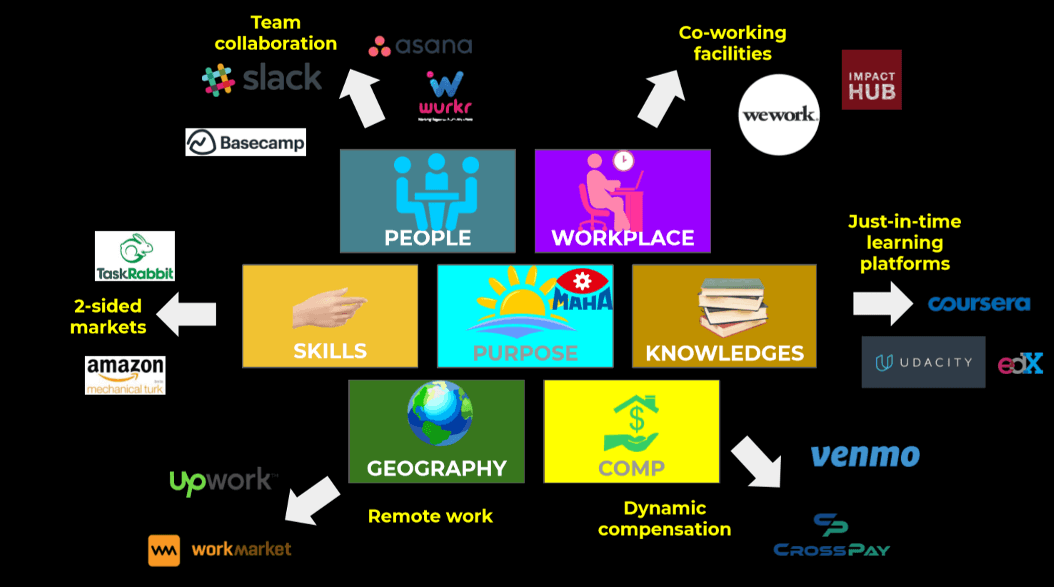
However, market acceptance of these new ways of collaborating remotely has been slow and narrowly focused. The current crisis is accelerating broad-based acceptance of these productivity tools and methods and – in my view – will enable especially highly developed countries to shorten the recovery period significantly.
Another point Bolles raised: depending on the industry segment, the transition to the new way of working remotely will range from easy to difficult. While utility companies can easily operate their highly automated equipment remotely, retail, leisure, and hospitality businesses can only automate some of their services, e.g. the selection, ordering, and payment processes, but not other parts of their businesses.
Bolles offers many topic-specific courses on his Linked-In page here.
Q&A Session
Q: How will the “new normal” impact the U.S. versus the world?
A: We’ll need to establish many more and more sustainable collaboration methods with other countries.
Q: How will the “new normal” impact graduate education?
A: The shelf-life of traditional education is getting much shorter. Life-long learning and gaining of a broad background – to become a highly adaptable problem-solver – will become much more essential.
Q: What’s the risk of restarting the economy too early?
A: As Phase 2 above shows, depending on infection (and death) rates, premature opening steps will have to be throttled back again and extended the recovery time. Also, opportunities for safely opening the economy are industry and region-specific.
Additional Information on SEMI’s Website
If you are a SEMI member, you can watch this entire webinar here, access SEMI’s archives with more webcasts and other useful resources here. If interested, check here how you can become a SEMI member.
Personal Comments
When I was in high school, I was a voracious reader: one to two ~300-page books per week, primarily about adventures and different countries/cultures. After 50++ years, most of what I have read has “leaked out” of my brains; just a few topics became permanent. For example, I read a book about fishing boats in Alaska, braving the cold, wind, and waves. When one of these gigantic waves swept a man overboard, the captain ordered one of his officers: “Save him!” The officer called six of his men. They launched a rowing boat into the water, all seven jumped into it and saved the freezing and drowning sailor. After this successful rescue, the captain asked the officer: “Why didn’t you chose our new powerboat for this difficult rescue?” The officer answered: “Machines may fail. I know my men and they know and respect me. We have accomplished impossible tasks before – TOGETHER.”
I was at that time and still am fascinated by the officer’s answer, have since applied this important strategy, and solved challenging assignments – TOGETHER. I really enjoyed this webinar, because the moderator, Dave Toole, as well as Gary Bolles emphasized in many ways that it needs knowledgeable and skillful humans, as leaders and followers, to solve big challenges – such as the recovery from Covid-19.
Thanks for reading…Herb



